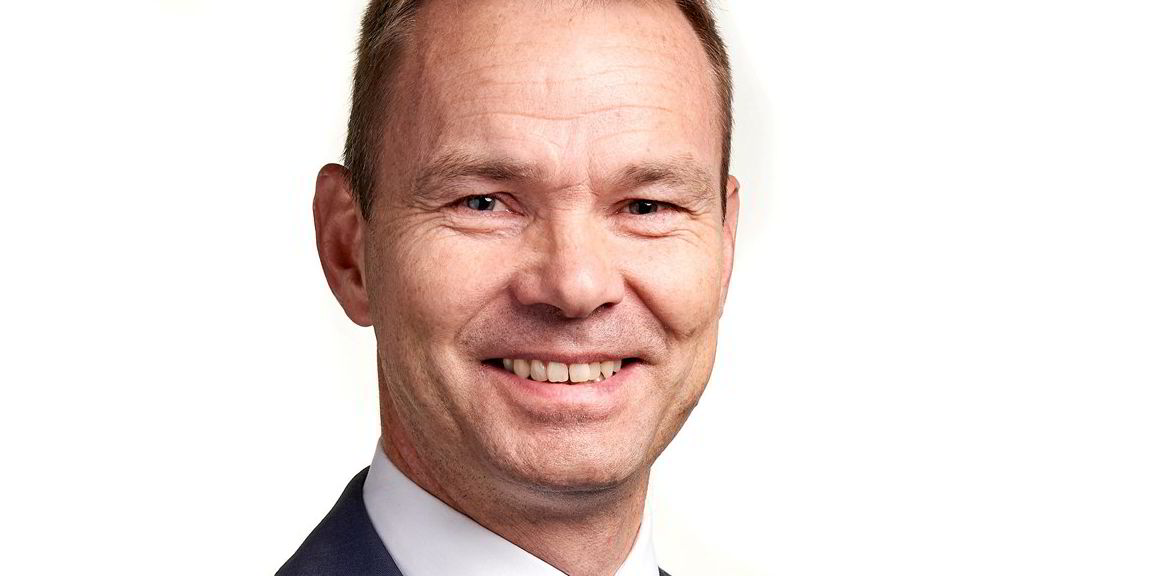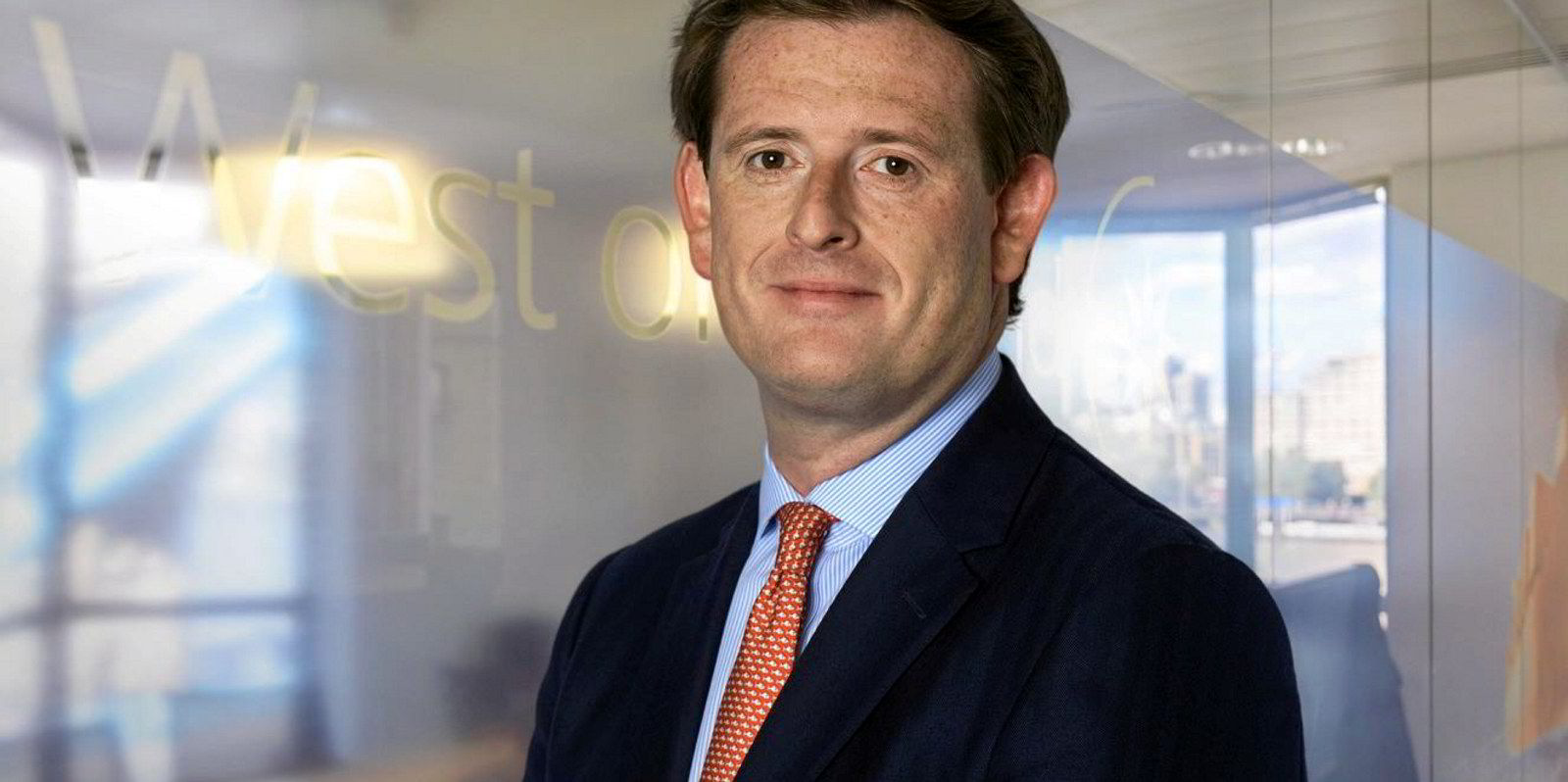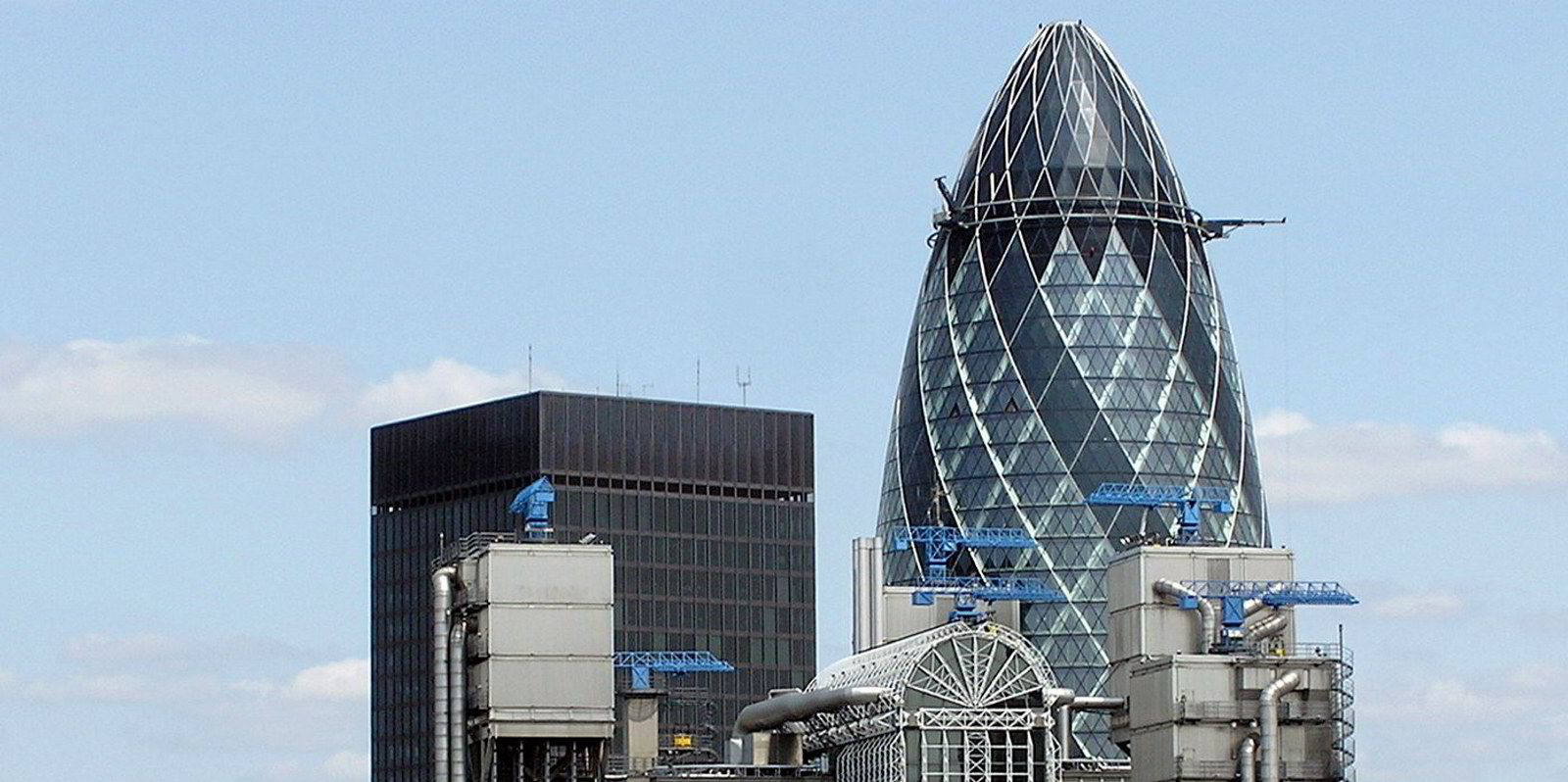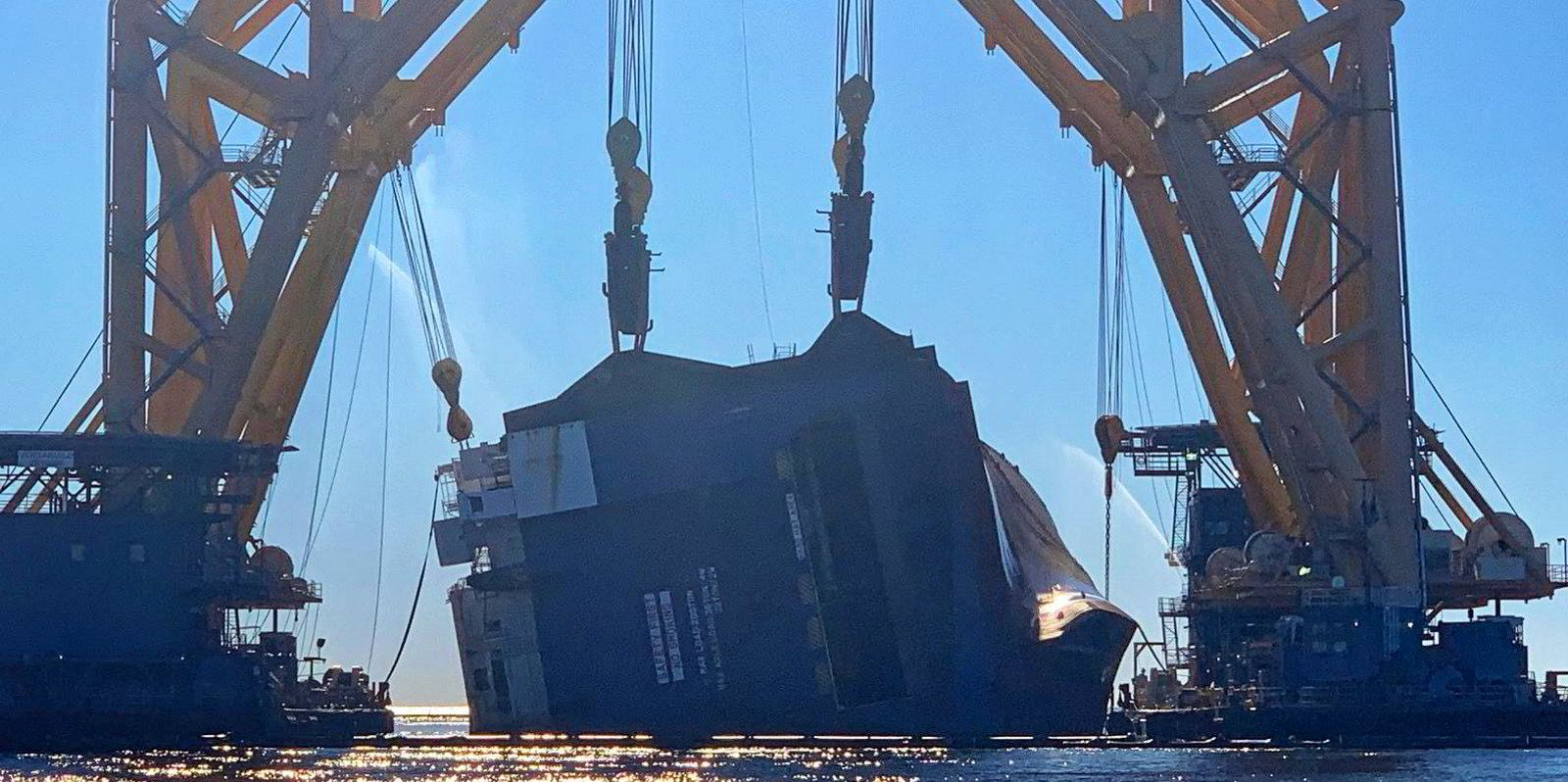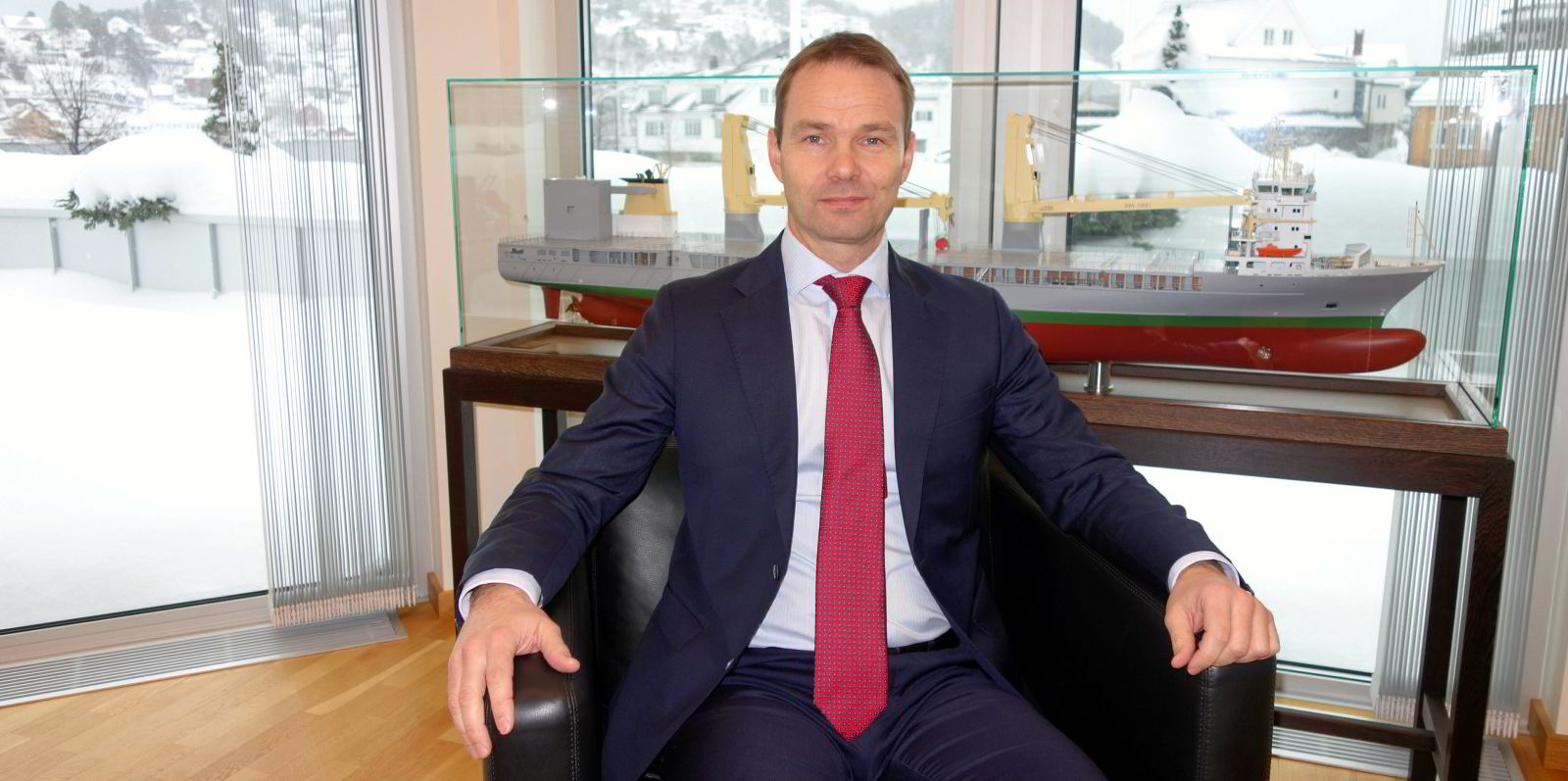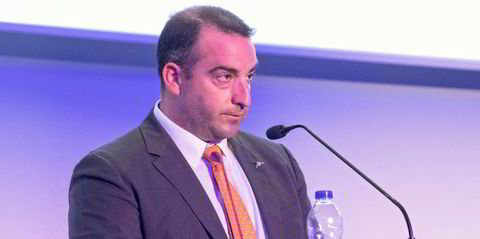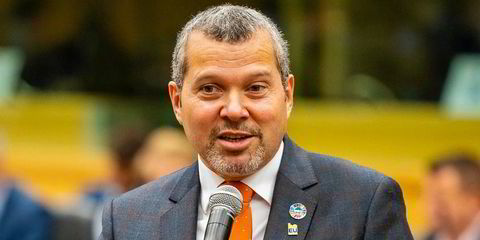Leading protection and indemnity mutuals have been moving their investment portfolios out of equities, to protect their finances from stock-market volatility, according to industry executives.
As a result, the clubs will probably register much lower investment returns in the coming years and will have to continue to raise premiums to break even on underwriting performance.
“We have probably all brought down the level of risk in our investment portfolios and most of us have become a lot more vanilla,” North P&I Club chief executive Paul Jennings said at the International P&I Conference, hosted online by the Piraeus Marine Club.
Increased volatility in world equity markets was demonstrated by the global stock-market slump at the outbreak of the pandemic last year, which was shortly followed by a dramatic rebound.
S&P Global Ratings has also placed less emphasis on investment returns and the capital strength of P&I clubs.
West of England chief executive Tom Bowsher said: “We have seen a sea change in the approach of S&P, which is more focused on operational performance than on the capital position of clubs. An over-reliance on investment is dangerous to see.”
However, Bowsher said that by moving out of equities, P&I clubs are shifting more cash into the safer bond market, where interest rates have fallen as part of government policy to cope with the pandemic. “I can see investment returns being quite low in the coming years,” he said.
P&I clubs are going through renewal negotiations, where they are pushing through rate increases of 5% to 10% to correct underwriting losses brought about by two successive expensive claims years and low premium levels.
A clear policy of returning capital
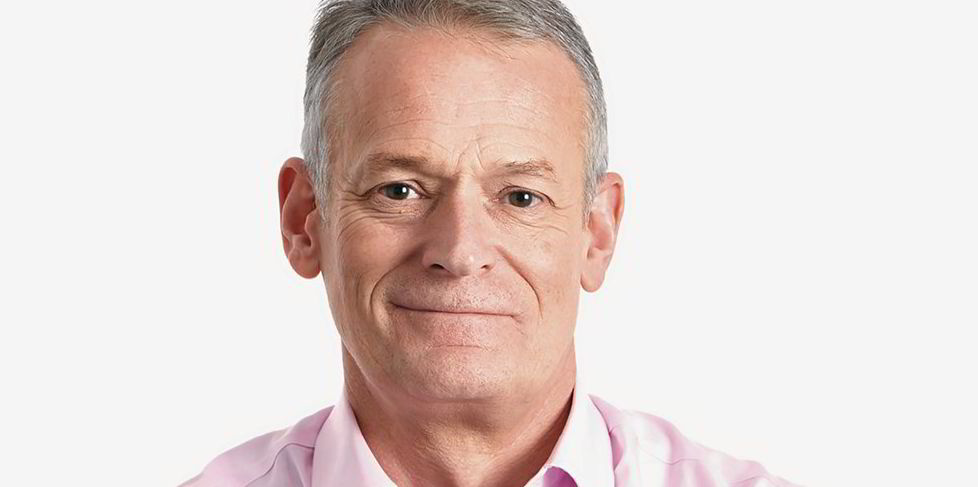
Shipowners have questioned why the clubs do not defer the rate increase and instead draw down on their capital reserves to subsidise underwriting losses until the market improves.
Gard chief executive Rolf Thore Roppestad said it is important for P&I clubs to be transparent and have a clearly defined mechanism for returning capital to members — to put owners’ minds at ease.
“Transparency is the key word,” he said. “What is important is to have a clear policy of returning capital.”
Roppestad said Gard had clear performance targets for technical underwriting and capital strength. He added that it had been able to continue to return cash to members this year — despite an underwriting deficit — because it had outperformed its capital targets.
It runs at a small technical underwriting deficit and sets a limit for its financial reserves at a fixed level above the statutory requirements. “If the performance is better than expected, then it is an opportunity to return money,” he said.
Jennings explained that the value of the mutual P&I product has been overlooked in all of the chatter about rate increases.
“It is worth remembering what fantastic value the clubs provide. It is a great service,” he said. “And premium is not going out of the system to third-party investors but remains with the club’s members.”
